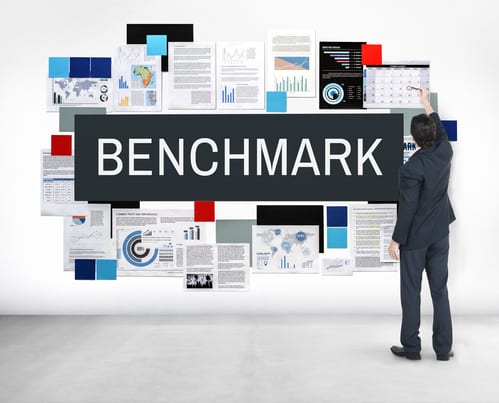Supply Chain KPIs – Metrics and measures of Supply Chain Performance
By: Ciopages Staff Writer
Updated on: Feb 25, 2023

What are Supply Chain KPIs?
Supply Chain KPIs (Key performance indicators) are the metrics and measures that help supply chain professionals monitor the efficacy and efficiency of various supply chain processes. The Supply chain KPIs specifically refer to the top few metrics that have a significant bearing on the overall health of the supply chain. Supply Chain KPIs can be for the entire extended supply chain or limited to the company’s own supply network.
What are Extended Supply Chain Performance Measures?
In today’s world, each supply chain influences and is in turn influenced by the extended supply chain. The Extended Supply Chain Performance Measures keep a finger on the pulse of the entire supply chain ecosystem.
Which Supply Chain Metrics are right for our firm?
There are literally hundreds of supply chain metrics, among which a few will qualify as KPIs (after the name is “Key” Performance Indicators. The Supply Chain Metrics may span a variety of supply chain processes and will depend on the type of business, the reliance on suppliers, the extent of the extended supply chain, and the type of industry. The supply chain metrics for a Stocked Product supply chain will differ from a Make to Order which will in turn differ from a Engineer to Order. Depending on which areas of the supply chain are important to you firm, the supply chain metrics may be drawn from Planning, Purchasing / Procurement, Logistics, Operations, Inventory Management, Transportation, Warehousing, Distribution, and Fulfillment. Your supply chain business model and strategy will also have a huge bearing on relevant supply chain metrics and KPIs.
How to choose the right Supply Chain KPIs?
Supply chain professionals feel inundated with a lot of information and metrics and many a time feel they are missing the forest for the trees. The problem with ease of use of supply chain intelligence tools and the proliferation of dashboards is that there is too much information and not enough knowledge that aids decision making. So the determination of what KPIs are important will depend on a variety of individual and specific factors of your company. However, it is important to combine a few external looking KPIs and a few internal KPIS to balance the world view. The supply chain KPIs need to be aligned to your overall business strategy and goals. Please pick only a few KPIs to begin with. Each KPIs should have a metric or a measure that a clear formula and can be compared against historical data (assuming it exists). In general, the supply chain metrics that will make sense for most companies are Forecast accuracy, Order Cycle Time, Delivery Performance against Date, Logistics and Transportation Cost, Inventory Turns, Supply Variability, Demand Variability and Performance to Plan.
What about SCOR KPIs and Metrics?
SCOR is the most popular reference framework for supply chain and hence you cannot go wrong with using it as a baseline and then customize to your needs. A generic framework by definition is not specific enough for any company. You may consider some of the SCOR level 1 KPIs and Metrics.
Level 1 Metrics included in SCOR:
- Perfect order fulfillment
- Order fulfillment cycle time
- Upside supply chain flexibility
- Upside supply chain adaptability
- Downside supply chain adaptability
- Overall value at risk
- Total cost to serve
- Cash-to-cash cycle time
- Return on supply chain fixed assets
- Return on working capital
What are some dos and don’ts with regards to Supply Chain KPIs?
- Do have a set of rigorous supply chain KPIs you monitor on a period basis (daily, weekly, month, quarterly etc.)
- Don’t get bogged down by dozens of supply chain metrics that may keep you busy, but probably not useful.
- Too high level of a metric does not provide clarity, but too much in the weeds will risk missing the big picture
- Do not selective pick KPIs and metrics that make you (or the company) look good. This is not a beauty contest.
- For each supply chain metric and KPI do have a specific and repeatable formula and clarity on what the impact is of a lower or higher number.
CIOPages.com is the Supply Chain Transformation HQ. Please review the following offerings.
Supply Chain Management Transformation Toolkit
Supply Chain Transformation Business Requirements
Supply Chain Operating Models
Supply Chain Transformation Resources